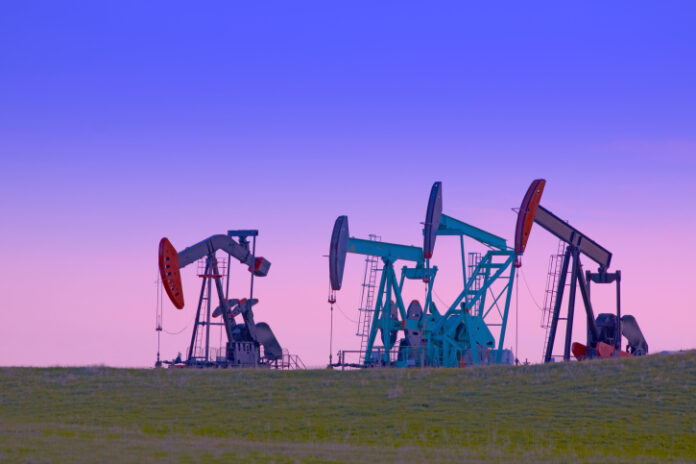Scott Skavdahl, the chief judge of the United States District Court for the District of Wyoming, struck down a regulation that limited methane emissions from oil and gas operations on federal lands.
The 2016 Waste Prevention Rule (WPR), imposed by the Bureau of Land Management (BLM) under the administration of former President Barack Obama, required oil and gas companies to limit flaring, in which excess natural gas is burned when there is not enough space in pipelines or tanks to store it. The rule also required companies to inspect their pipelines and sites for leaks more regularly and replace old equipment if it was releasing more methane than the rule allowed.
Wyoming and other states that produce oil and gas on federal lands joined with groups representing the oil and gas industry in a lawsuit to overturn the rule. The lawsuit argued the regulations went beyond BLM’s authority to limit air emissions and would unnecessarily harm the economy.
Decision Delayed
Shortly after President Donald Trump assumed office in January 2017, the administration moved to repeal and replace WPR.
In response, Skavdahl, an Obama appointee, placed the case on hold while the administration developed its replacement rule.
After the Trump administration officially repealed and replaced WPR, various environmental lobbying groups sued in a federal district court in California to overturn the Trump methane rules and leave the Obama-era rules in place.
In July, U.S. District Judge Yvonne Rogers, of the Northern District of California, sided with the plaintiffs and overturned the Trump administration’s methane replacement rule. Rogers found the Trump administration’s revisions were contrary to the U.S. Department of Interior’s (DOI) mandate to ensure safe and responsible drilling.
With the Trump rule negated, Skavdahl removed his hold on the case challenging the Obama-era rule, allowing the court to determine the whether the original WPR was legal.
States and Oil Companies Win
Skavdahl struck down WPR on October 9, determining that although the rule’s stated purpose was to reduce waste, it was in reality used to regulate air quality, which was beyond the scope of BLM’s authority.
“Although the stated purpose of the Rule is waste prevention, significant aspects of the Rule evidence its primary purpose being driven by an effort to regulate air emissions, particularly greenhouse gases,” Skavdahl wrote.
Specifically, Skavdahl noted the rule’s cost-benefit analysis showed it only provided net benefits “if the ancillary benefits to global climate change are factored in,” meaning there was no direct benefit to the rule.
“Without these ‘indirect’ benefits, the costs of the Rule likely more than double the benefits every year,” Skavdahl wrote in his decision.
With both the Obama administration’s and the Trump administration’s methane regulations now struck down, rules regulating waste and emissions from the 1980s govern methane leaks on BLM lands once again.
‘Win for the American People’
The DOI said it was pleased with and unlikely to appeal Skavdahl’s decision, according to a statement from Nicholas Goodwin, director of communications at DOI.
“Today’s decision is a win for the American people, the rule of law, and our country’s economic future,” Godwin said. According to Godwin, the 2016 rule was “illegal, another job-crushing regulation targeted at small businesses and more government overreach.”
Skavdahl was right to overturn BLM’s rule because it went beyond the agency’s legitimate authority, says Kathleen Sgamma, president of Western Energy Alliance, one of the groups that originally sued to block WPR.
“We are overjoyed that an overreaching regulation has been overturned today,” Sgamma said in a statement. “Hopefully, we can quit playing boomerang between the two courts and get back to sensible regulation within BLM’s purview.”
H. Sterling Burnett, Ph.D. (hsburnett@heartland.org) is a senior fellow at The Heartland Institute.


























